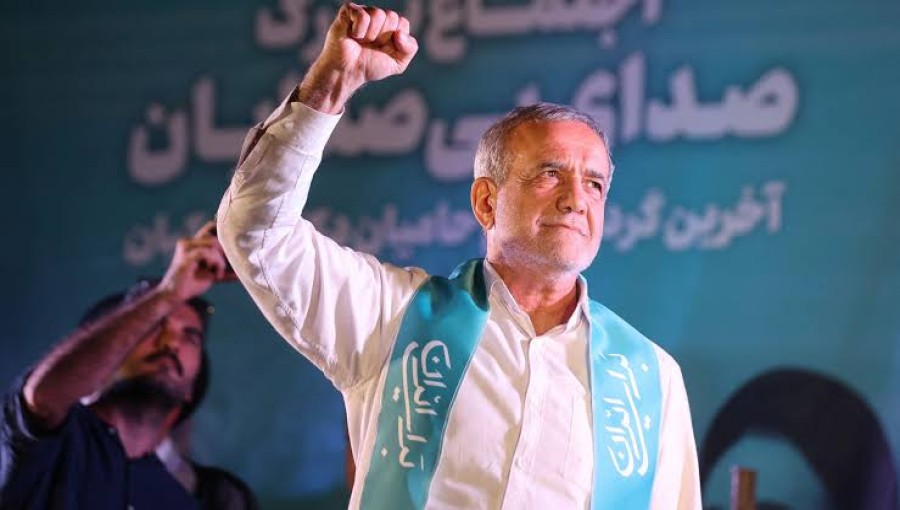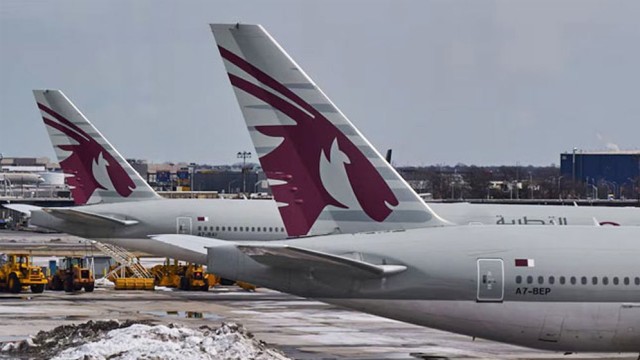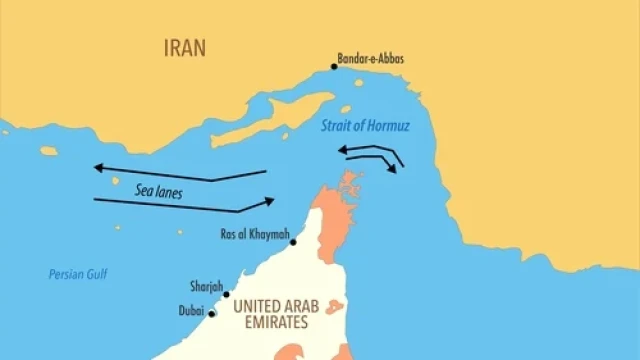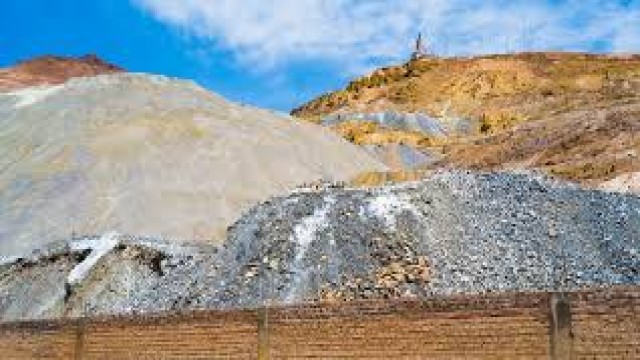Tehran, July 8, 2024 – In a significant political development, moderate reformist leader Masoud Pezeshkian has been confirmed to succeed the late President Ibrahim Raisi, following the Guardian Council's final approval of Iran's two-phase presidential election. This marks the beginning of the formal process for Pezeshkian to be sworn in as Iran's new president.
Hadi Tahan Nazif, the spokesman for the Guardian Council, announced on Sunday that the legitimacy of the election has been verified. Both phases of Iran's 14th presidential election were scrutinized thoroughly, and no complaints were filed by the candidates, Pezeshkian and his opponent Saeed Jalili. The decision has been communicated to the Ministry of Interior and will now be sent to Supreme Leader Ayatollah Ali Khamenei for final approval.
Once approved by the Supreme Leader, the date for Pezeshkian's swearing-in will be announced. The ceremony is expected to take place on August 4 or 5, as reported by the official news agency IRNA. Following his inauguration, Pezeshkian will have 15 days to present his proposed ministers to Parliament for a vote of confidence.
Masoud Pezeshkian emerged victorious in the runoff election on Friday, defeating hardline conservative Saeed Jalili. Pezeshkian received 16,384,403 votes, while Jalili garnered 13,538,179 votes. The 69-year-old reformist has represented Tabriz in Iran's parliament since 2008 and has the backing of Iran's main reformist coalition and former presidents Mohammad Khatami and Hassan Rouhani.
Born in 1954 in Mahabad, West Azerbaijan province, Pezeshkian has a diverse ethnic background, with an Iranian-Azeri father and an Iranian-Kurdish mother. He earned a bachelor's degree in general medicine and participated in the revolution against Pahlavi rule as a student. During the Iran-Iraq war, he served as a doctor and was responsible for medical personnel on the battlefield. He lost his wife and one child in a road accident in 1994 and has since raised his two sons and one daughter alone.
Pezeshkian's victory is seen as a hopeful turn for reformists, who have faced a conservative-dominated political landscape in recent years. Analysts suggest that Pezeshkian's presidency could be welcomed by world powers and might ease tensions with the West.
As Iran prepares for a new leadership under Masoud Pezeshkian, the political landscape could see significant changes, particularly in terms of domestic reforms and international relations. The swearing-in ceremony will mark the official start of his four-year term as president of the Islamic Republic of Iran.































Comment: